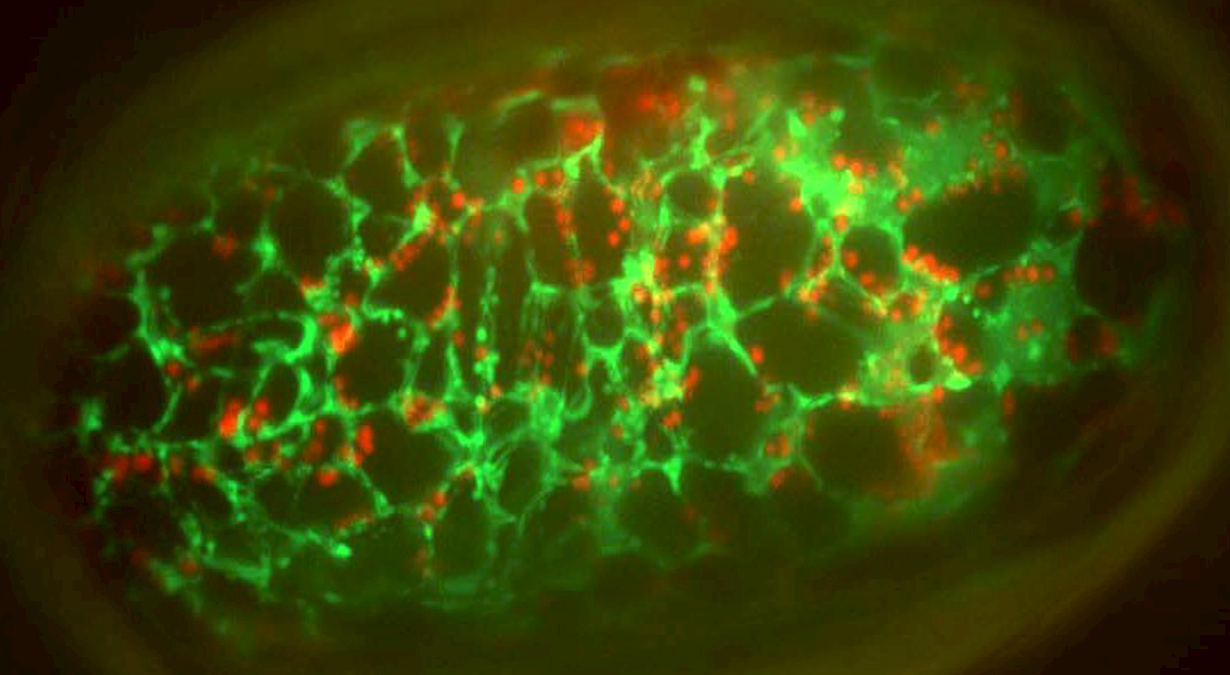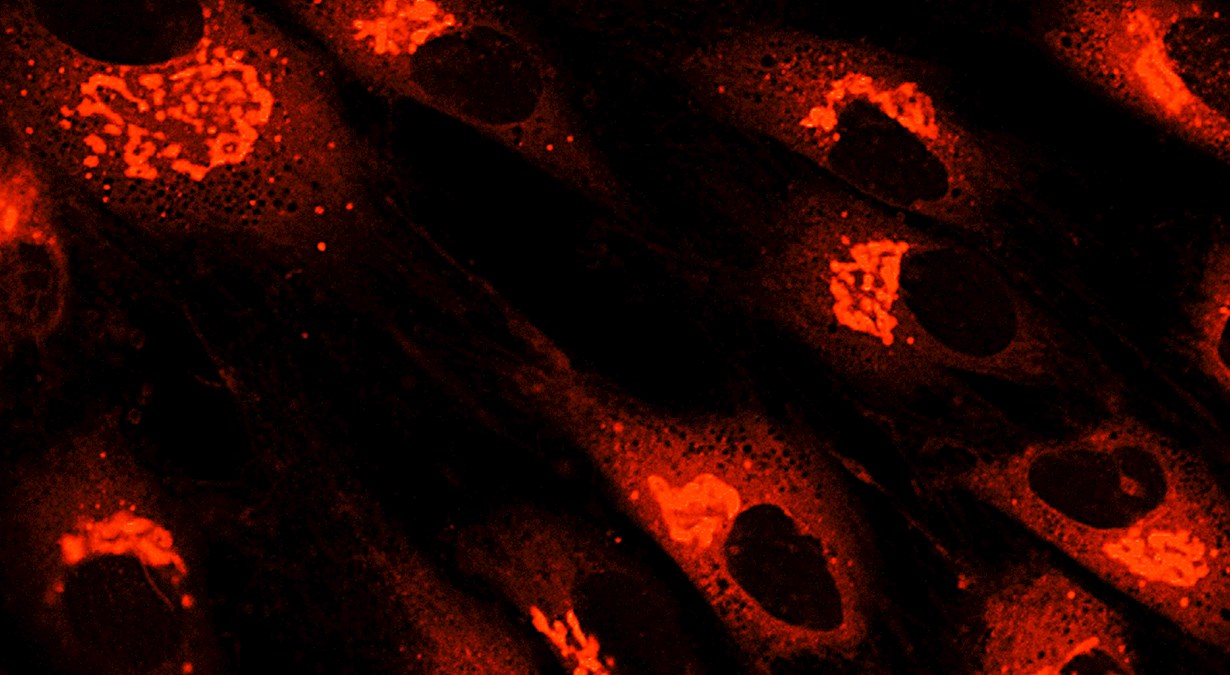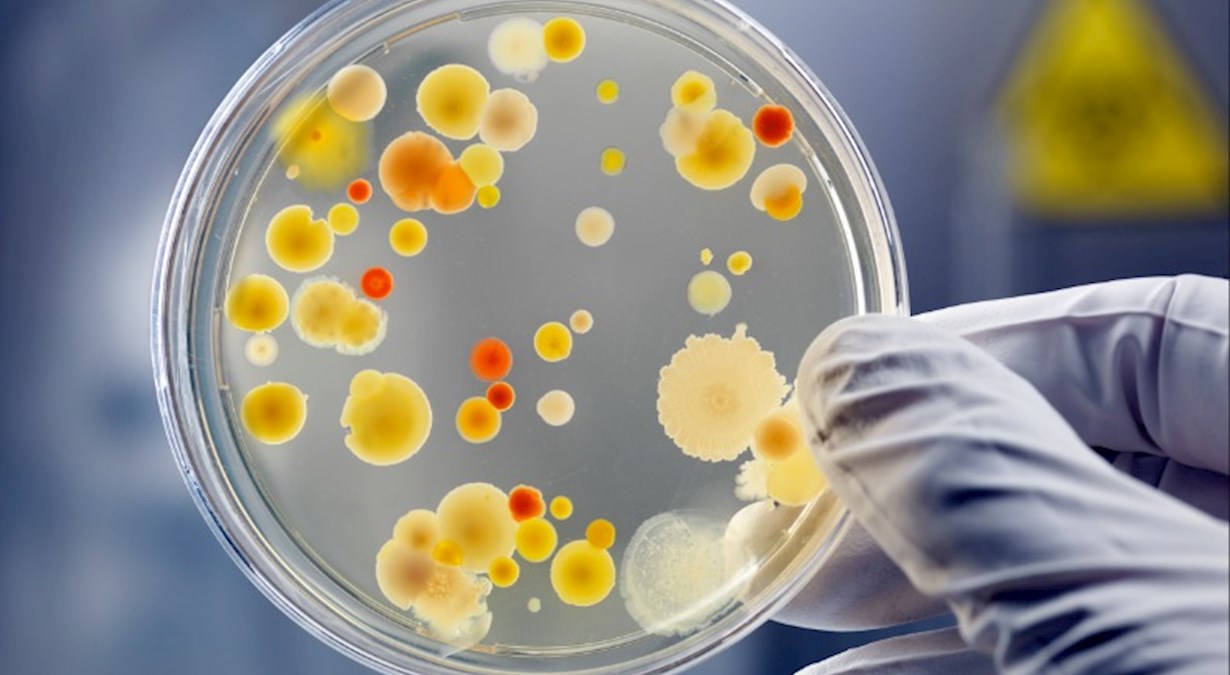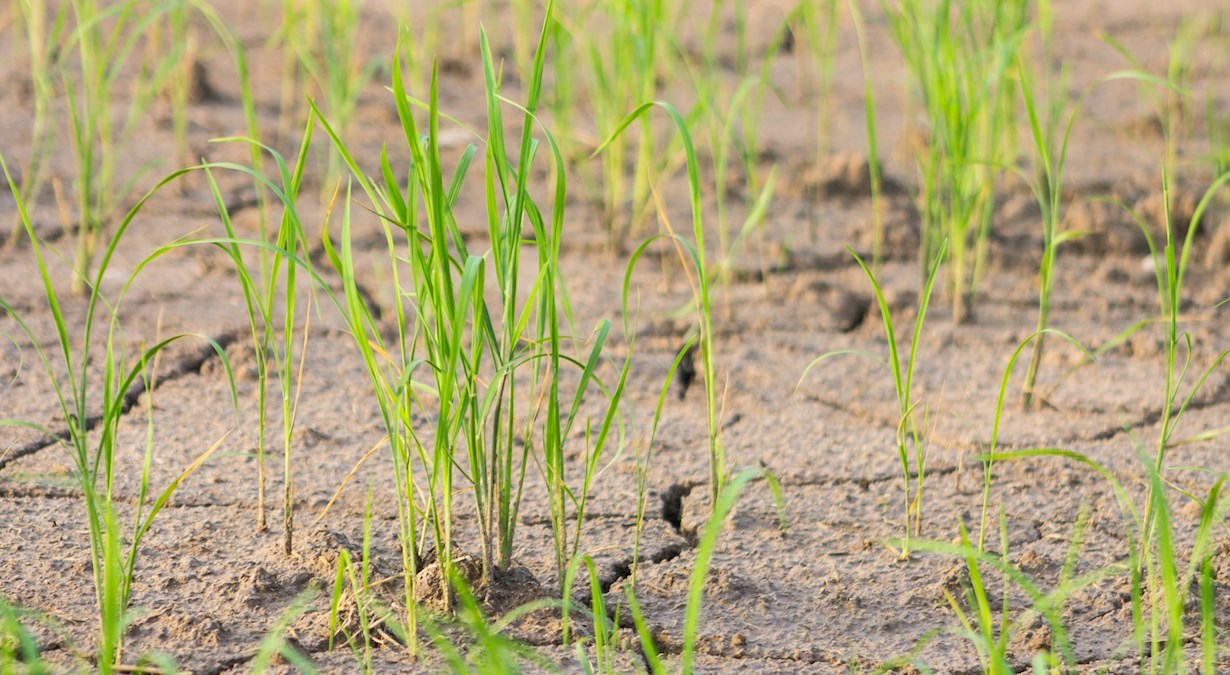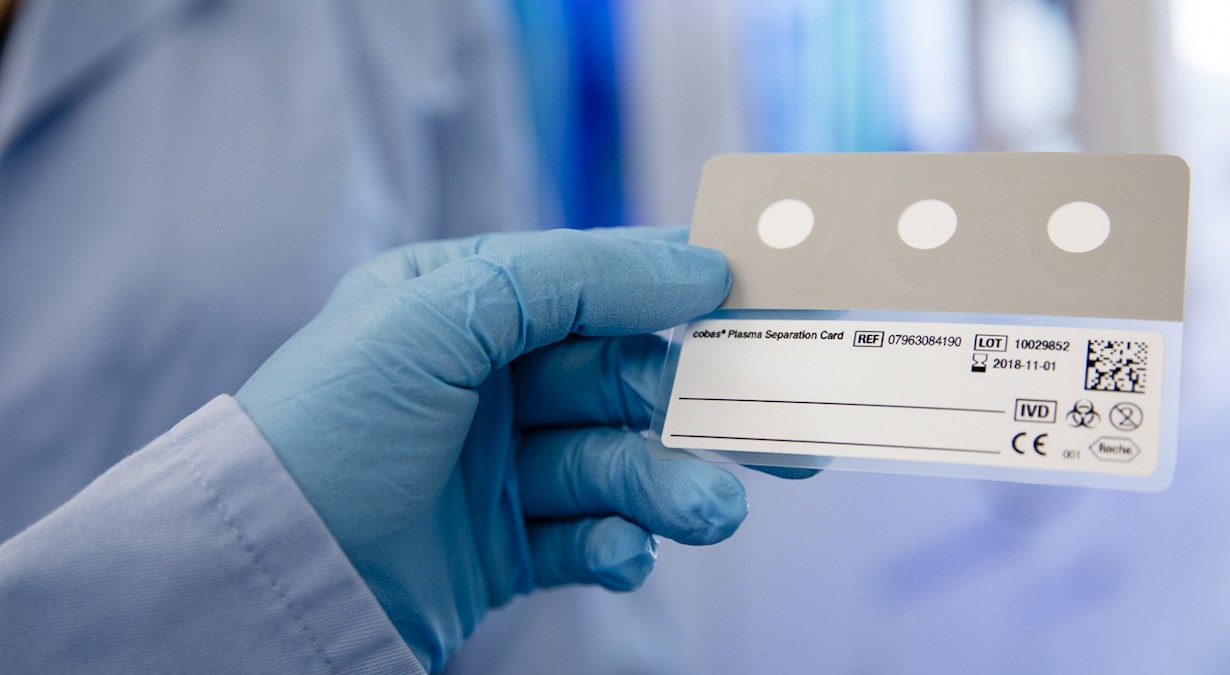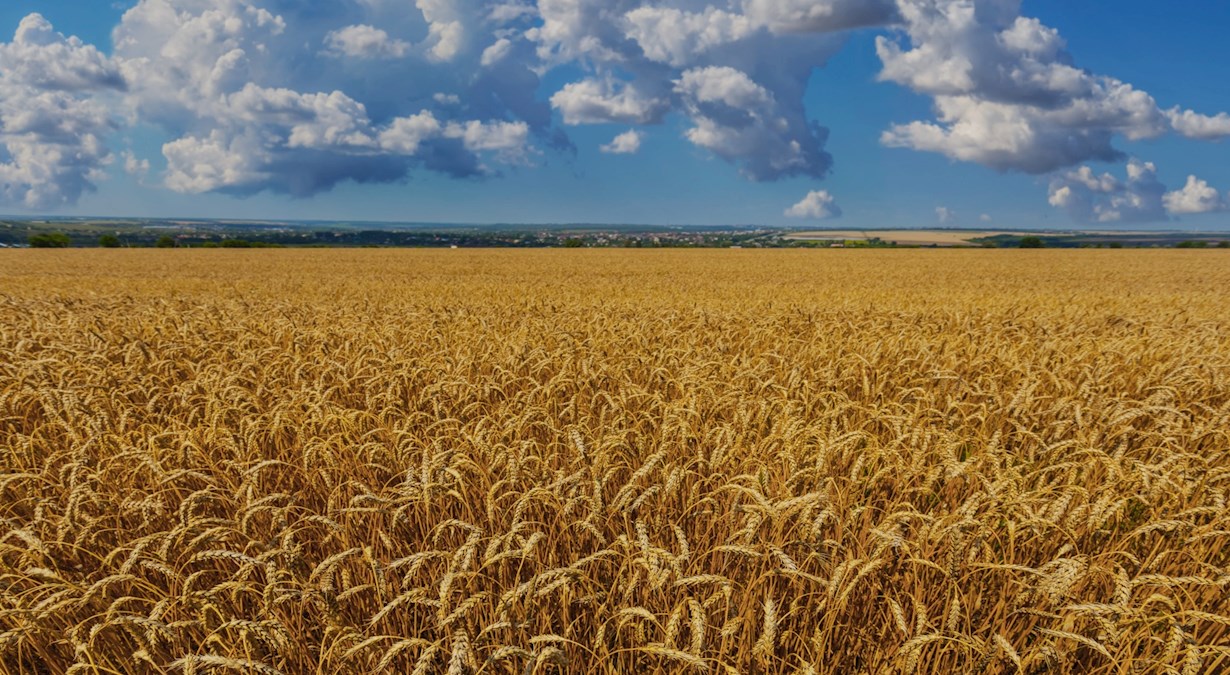
-
Highlights
-
Governance
-
Chancellor
-
Vice-Chancellor
-
Executive
-
History of the University
-
Schools
-
Campuses
-
Complaints
-
Official publications
-
Communications and marketing
-
Working at UWA
PROJECT
Secondary metabolite biosynthesis in plant pathogens
Examining secondary metabolites in fungi to gain insight into plant diseases
Fungi are an important source of bioactive compounds and natural products known as secondary metabolites. Many of these (e.g. the antibiotic penicillin, the cholesterol-lowering drug lovastatin) positively impact our daily lives.
At the same time, some of these secondary metabolites can be harmful mycotoxins. Other secondary metabolites threaten global food security by enabling pathogenic fungi to cause disease, particularly on important agricultural crops.
Genome sequencing has revealed a large number of gene clusters encoding unknown secondary metabolite biosynthetic pathways in fungal plant pathogens. What are the functions of these secondary metabolites? Could they be involved in virulence or fungal-host interactions?
Identification and characterisation of the secondary metabolites produced by the fungal pathogens during host infection could provide insights into the mechanism of the diseases and could result in new disease control strategies. Furthermore, these bioactive small molecules that target the plant hosts may be repurposed as novel herbicides.
Our research group is interested in using functional genomics to identify candidate gene clusters in the fungal pathogens that may encode secondary metabolites important for their pathogenic lifestyle. The current focus is on wheat pathogens including Parastagonospora nodorum and Zymoseptoria tritici. Using the synthetic biology platforms available in the lab, we attempt to produce the small molecules encode by these gene clusters for chemical and biological characterisations.
For more background information see the suggested readings below.
- Suggested readings
-
- Chooi Y-H and Solomon PS (2014) A chemical ecogenomics approach to understand the roles of secondary metabolites in fungal cereal pathogens. Front. Microbiol. 5:640.
- Chooi YH, Krill C, Barrow RA, Chen S, Trengove R, Oliver RP, Solomon PS (2015) An in planta-expressed polyketide synthase produces (R)-mellein in the wheat pathogen Parastagonospora nodorum. Appl Environ Microbiol. 81(1):177-86.
- Chooi Y-H, Muria-Gonzalez MJ, Mead, OL and Solomon PS (2015) SnPKS19 encodes the polyketide synthase for alternariol mycotoxin biosynthesis in the wheat pathogen Parastagonospora nodorum. Appl Environ Microbiol.
- Chooi YH, Muria-Gonzalez MJ, Solomon PS (2014) A genome-wide survey of the secondary metabolite biosynthesis genes in the wheat pathogen Parastagonospora nodorum. Mycology 5(3):192-206.
Research team leader: Dr Yit Heng Chooi
I was awarded an ARC Discovery Early Career Researcher Awards (DECRA) in 2013. In 2015, I joined the School of Molecular Sciences at UWA to start a new research group. My research interests are on the biosynthesis of secondary metabolites in fungi and to uncover their bio-ecological roles using a combination of functional genomics, synthetic biology and chemical ecology.
How to apply
Interested in becoming part of this project? Complete the following steps to submit your expression of interest:
Step 1 - Check criteria
General UWA PhD entrance requirements can be found on the Future Students website.
Step 2 - Submit enquiry to research team leader
Step 3 - Lodge application
After you have discussed your project with the research team leader, you should be in a position to proceed to the next step of the UWA application process: Lodge an application. Different application procedures apply to domestic and international students.
Scholarships
- Scholarships specific to this project
-
As this project focuses on solving problems within the Australian wheat industries, scholarship top-ups are possible through the Grains Research and Development Corporation.
- Domestic students
-
All domestic students may apply for Research Training Program and University Postgraduate Awards (UPA) scholarships
- International students
-
A range of scholarships are available from international organisations and governments. The full list, organised by country, is available on the Future Students website.
In addition, all international students may apply for International Research Training Program scholarships.
- Indigenous students
- Indigenous students are encouraged to apply for Indigenous Postgraduate Research Supplementary Scholarships.
- Prestigious postgraduate research scholarships
-
Prestigious postgraduate research scholarships support graduate research training by enabling students of exceptional research promise to undertake higher degrees by research at the University.




































